
Find Help
More Items From Ergsy search
-

Has the sugar tax been effective?
Relevance: 100%
-

What is the sugar tax in the UK?
Relevance: 88%
-

Who pays the sugar tax?
Relevance: 85%
-
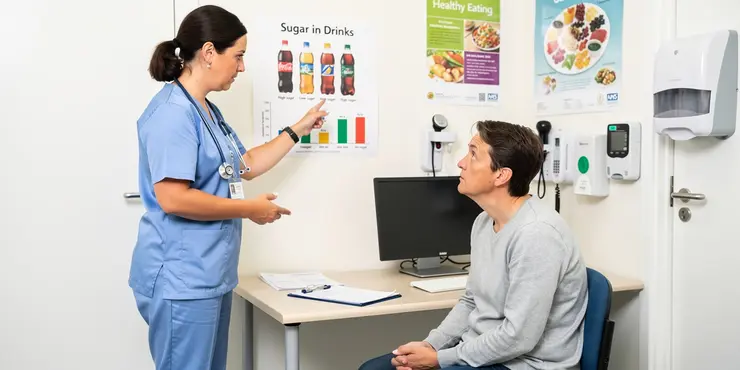
Has the sugar tax affected the sugar content in drinks?
Relevance: 83%
-

What is the purpose of the sugar tax?
Relevance: 83%
-
Is the sugar tax applied to diet or zero sugar drinks?
Relevance: 82%
-

What are the long-term goals of the sugar tax?
Relevance: 79%
-

How does the sugar tax affect consumers?
Relevance: 77%
-

Which drinks are exempt from the sugar tax?
Relevance: 77%
-

How is the revenue from the sugar tax used?
Relevance: 77%
-

Does the sugar tax apply to small businesses?
Relevance: 76%
-
How much revenue has the sugar tax generated?
Relevance: 76%
-

What impact has the sugar tax had on obesity rates?
Relevance: 74%
-

Has the sugar tax led to innovation in the drinks industry?
Relevance: 74%
-
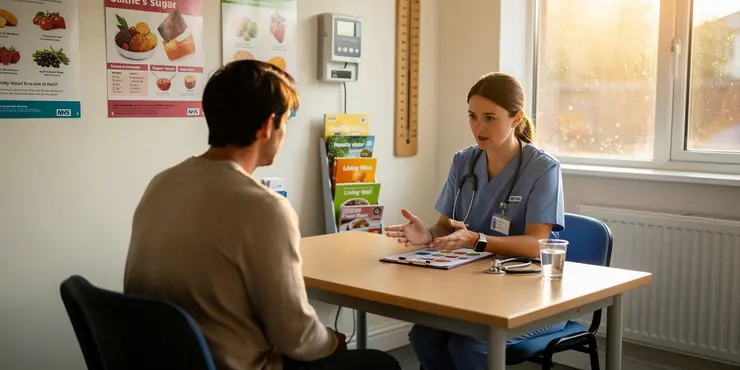
How does the sugar tax align with public health strategies?
Relevance: 73%
-
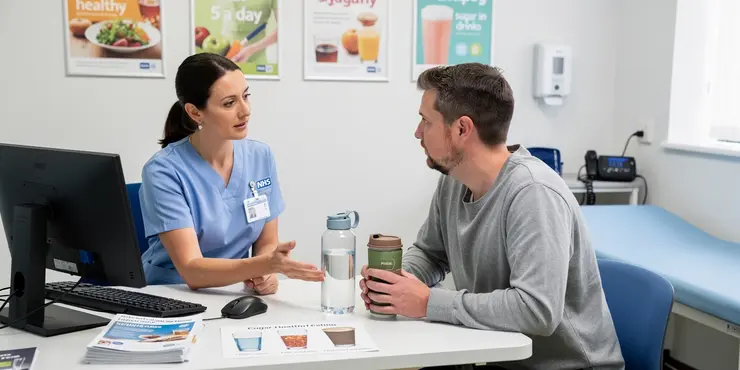
When was the sugar tax introduced in the UK?
Relevance: 63%
-
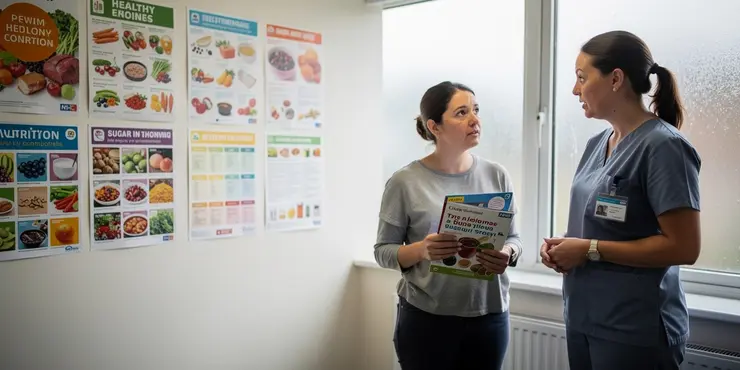
What are the rates for the sugar tax?
Relevance: 63%
-

How is the sugar tax applied?
Relevance: 63%
-

How effective is Mounjaro in controlling blood sugar levels?
Relevance: 61%
-
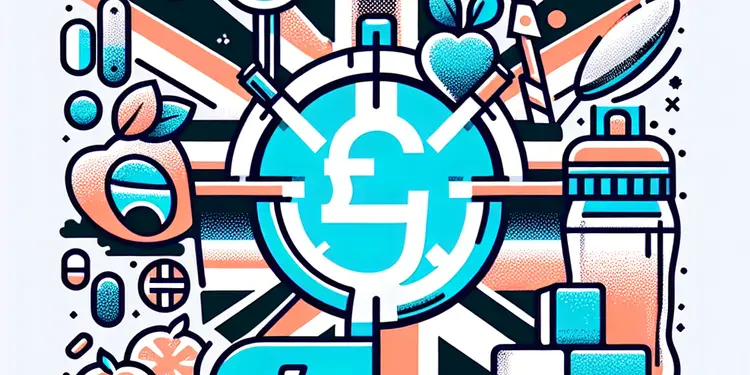
Are sugar substitutes healthier than regular sugar?
Relevance: 54%
-

What is the 'sugar crash'?
Relevance: 53%
-

Have any other countries implemented a sugar tax similar to the UK?
Relevance: 52%
-
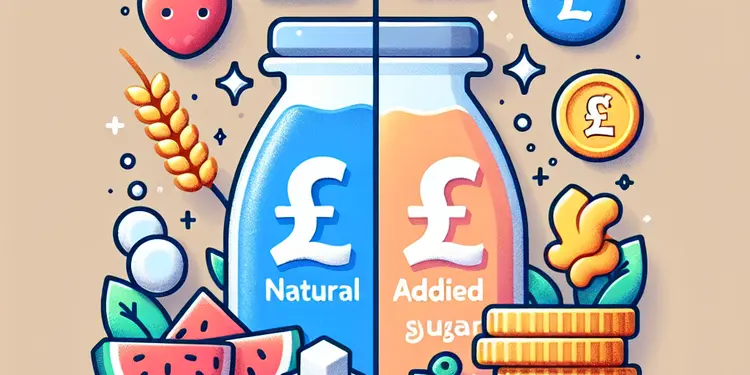
What is the difference between natural sugar and added sugar?
Relevance: 52%
-
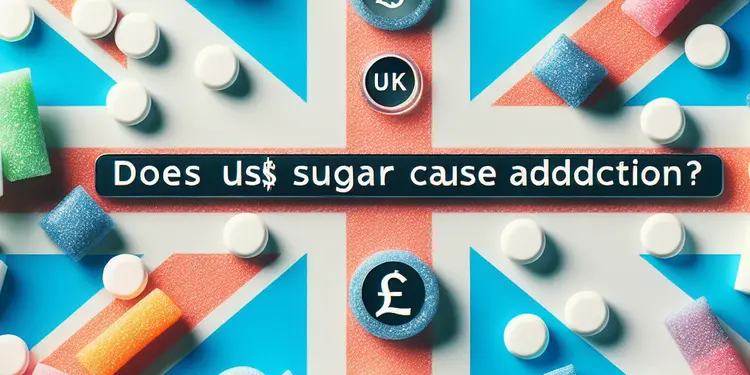
Does sugar cause addiction?
Relevance: 49%
-
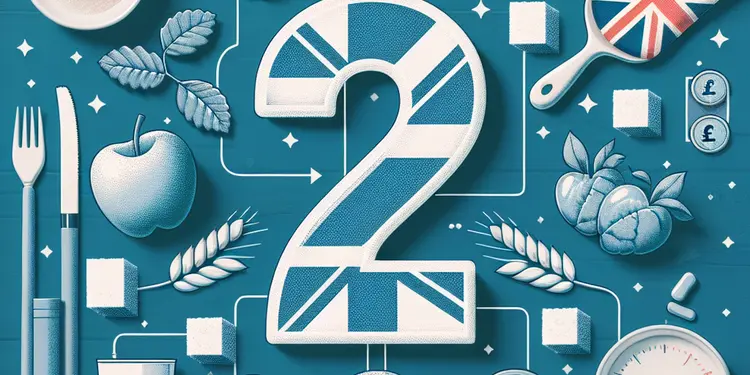
What is the role of sugar in a balanced diet?
Relevance: 48%
-

Is honey a better alternative to sugar?
Relevance: 48%
-
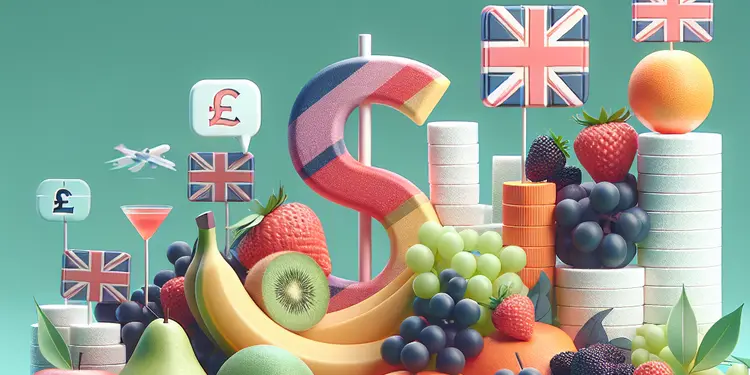
Is the sugar in fruit bad for you?
Relevance: 48%
-

How does sugar impact mental health?
Relevance: 48%
-
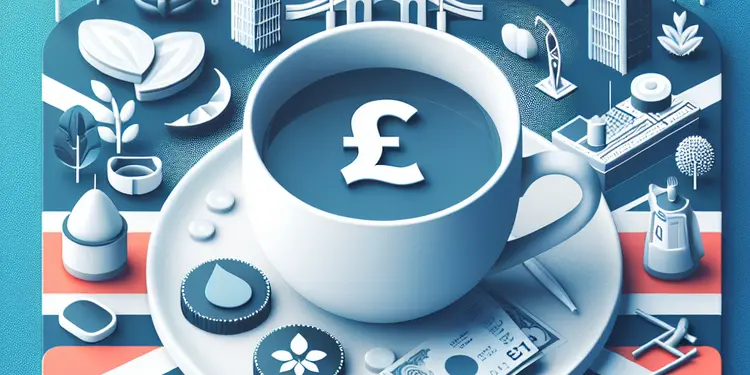
Can I have sugar if I am diabetic?
Relevance: 48%
-
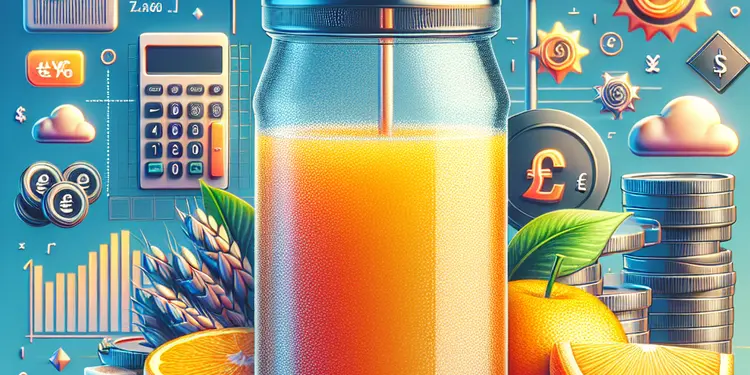
Is orange juice high in sugar?
Relevance: 48%
-

Why is it important to limit sugar intake?
Relevance: 47%
-

How does sugar affect my energy levels?
Relevance: 47%
-

Can Baxdrostat affect blood sugar levels?
Relevance: 47%
-

How can I reduce my sugar intake?
Relevance: 47%
-

What are the HMRC income tax changes coming into effect in April 2026?
Relevance: 46%
-

How does Ozempic affect blood sugar levels?
Relevance: 46%
-

What is the recommended daily sugar intake for adults?
Relevance: 45%
-
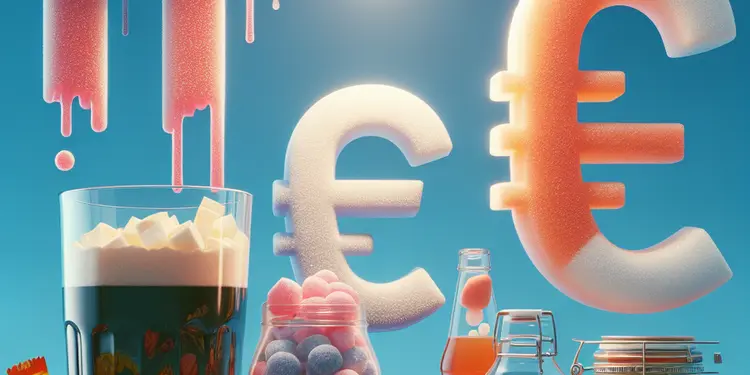
What are 'free sugars' and why should they be limited?
Relevance: 45%
-

Can Ozempic cause low blood sugar (hypoglycemia)?
Relevance: 45%
-
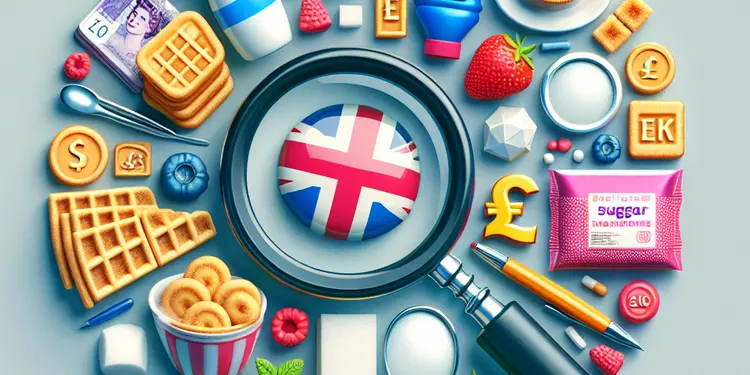
How do I determine how much sugar is in a product?
Relevance: 44%
Introduction
The introduction of the sugar tax in the UK sparked considerable debate about its potential to drive healthier eating habits and reduce the nation's consumption of sugary drinks. Officially known as the Soft Drinks Industry Levy, this tax was introduced in April 2018 targeting the sugar content in soft drinks. Its main aim was to tackle obesity by encouraging manufacturers to reduce sugar levels.
Impact on Sugar Consumption
Since its implementation, there has been a noticeable decrease in the amount of sugar used in soft drinks. According to Public Health England, by 2019, sugar content in beverages had been reduced by about 28.8%, as manufacturers reformulated products to avoid the levy. This is a significant indicator of the sugar tax meeting one of its primary objectives—reducing sugar intake through drinks.
Consumer Behavior
Another intended impact of the sugar tax was to influence consumer choices away from high-sugar beverages. Studies and sales data indicate a shift in purchasing patterns, with increased consumer preference for low or zero-sugar drinks. The British Soft Drinks Association reported a 50% rise in sales of these healthier alternatives post-levy.
Obesity and Public Health
While the sugar tax effectively reduced sugar content and altered consumer behavior to an extent, its role in addressing obesity is less clear. Obesity rates remain a complex issue tied to numerous factors beyond the consumption of sugary drinks alone. As of 2021, initial assessments showed modest improvements, but experts caution that it will take time to evaluate the full impact on public health.
Economic and Industry Effects
The sugar tax has also had economic implications. The UK Treasury generated significant revenue from this levy, which is purportedly reinvested in programs promoting physical activity and children’s health. For the industry, the tax spurred innovation, encouraging companies to explore new product lines and healthier options.
Criticism and Challenges
Despite these successes, the efficacy of the sugar tax continues to be debated. Critics argue that it places an additional financial burden on lower-income households and question the focus on sugary drinks when sugar consumption from other sources remains high. Some industry insiders advocate for a broader approach to tackling sugar consumption across all food products rather than targeting soft drinks alone.
Conclusion
In conclusion, the sugar tax in the UK has had mixed results. It has undeniably succeeded in reducing sugar content in beverages and has influenced a positive change in consumer behavior. However, its direct impact on obesity and public health is less definitive, highlighting the need for comprehensive measures alongside fiscal policies to combat sugar consumption and enhance overall public health.
Introduction
The UK government made a new rule called the sugar tax. This tax started in April 2018. It is also called the Soft Drinks Industry Levy. The purpose was to make drinks with less sugar. The goal is to help people eat healthier and fight obesity, which is when people weigh too much.
Impact on Sugar Consumption
Since the tax started, there is less sugar in drinks. Public Health England says that by 2019, drinks had about 28.8% less sugar. This shows that the sugar tax is working. It helps make sure people drink less sugar.
Consumer Behavior
The tax also wants people to choose drinks with less sugar. More people started buying low or no-sugar drinks. The British Soft Drinks Association says that sales of these healthier drinks went up by 50% after the tax.
Obesity and Public Health
The sugar tax is helping a little with obesity, but it is hard to know exactly how much. Obesity happens for many reasons, not just sugary drinks. In 2021, there were some small improvements. Experts say it will take more time to see big changes in public health.
Economic and Industry Effects
The sugar tax also affects money and businesses. The UK government earns money from the tax. They use this money for programs that help kids be active and healthy. The tax also made businesses think of new and healthier drinks to make and sell.
Criticism and Challenges
Some people do not like the sugar tax. They say it makes drinks more expensive for people who do not have a lot of money. They also think the tax should look at all foods with sugar, not just drinks. Some people say we need to do more to stop eating too much sugar.
Conclusion
To sum up, the sugar tax in the UK has good and bad results. It helped drinks have less sugar and made some people drink healthier options. But we are not sure if it really helps with obesity yet. We need more ways, not just the tax, to fight too much sugar and help people stay healthy.
Frequently Asked Questions
What is the sugar tax?
The sugar tax, also known as the Soft Drinks Industry Levy, is a tax imposed on manufacturers of sugary drinks to reduce the consumption of excess sugar and address health issues like obesity.
Has the sugar tax been implemented in all countries?
No, the sugar tax has been implemented in various forms in several countries, including the UK, Mexico, and South Africa, but not universally.
What is the main goal of the sugar tax?
The main goal is to reduce sugar consumption, thereby decreasing rates of obesity, diabetes, and other related health issues.
How is the effectiveness of the sugar tax measured?
Effectiveness is measured by changes in consumer behavior, reductions in sugar consumption, and improvements in public health metrics like obesity and diabetes rates.
Has the sugar tax led to a decrease in sugary drink consumption?
In many places where it has been implemented, the sugar tax has led to a decrease in the purchase and consumption of sugary drinks.
What impact has the sugar tax had on public health?
Early studies suggest a positive impact on public health, with some reductions in obesity and sugar-related health issues, though long-term outcomes are still being assessed.
Have any studies shown the sugar tax to be ineffective?
Some studies have shown mixed results, with criticisms about the tax’s impact on different economic groups and whether it affects overall calorie consumption.
Does the sugar tax affect all sugary drinks equally?
Typically, the tax is applied based on the sugar content, so drinks with higher sugar content are taxed more heavily.
How do manufacturers respond to the sugar tax?
Many manufacturers have reformulated their products to reduce sugar content to minimize tax impact and retain consumers.
Has the sugar tax been accepted by the public?
Public acceptance varies; some support it for health reasons, while others see it as governmental overreach.
What are some criticisms of the sugar tax?
Critics argue that it can be regressive, hitting low-income consumers hardest, and that it may not significantly impact overall dietary habits.
Has the sugar tax led to any unintended economic consequences?
There are concerns about job losses in the beverage industry and reduced sales, but some of these may be offset by the reformulation of products and changes in market demand.
Are there any exemptions to the sugar tax?
Some countries exempt certain products like milk-based drinks or small producers from the tax.
Does the sugar tax generate significant revenue?
It can generate significant revenue, which is often earmarked for public health programs or education.
How much sugar reduction is required to avoid the tax?
This varies by jurisdiction, but typically drinks with less than 5 to 8 grams of sugar per 100ml may avoid the tax.
Have consumer preferences changed because of the sugar tax?
Yes, there has been an increase in consumer preference for low or no-sugar drinks.
What is the impact of the sugar tax on small businesses?
Small businesses may struggle with the costs of reformulating products or fall under exemptions depending on the local policy.
Is the reduction in sugar consumption directly attributable to the tax?
While the tax is a factor, awareness campaigns and changing consumer attitudes also contribute to the reduction.
Are there other policies complementing the sugar tax?
Yes, public health campaigns and initiatives promoting healthy eating often accompany the sugar tax.
What future changes are expected for sugar tax policies?
Future changes may include adjustments to tax rates, expansions to include more products, or broader implementation worldwide.
What is the sugar tax?
The sugar tax is extra money people pay when they buy sugary drinks. This is to help people drink less sugar.
You can use pictures or videos to learn more.
Ask someone to help you if you have questions.
The sugar tax is a special rule. It makes companies that make sugary drinks pay extra money. This is to help people drink less sugar and to stop health problems like being too overweight.
Do all countries have a sugar tax?
No, not every country has a sugar tax. Some countries, like the UK, Mexico, and South Africa, have a sugar tax, but not all countries do.
What is the main goal of the sugar tax?
The question asks what the sugar tax is trying to do. - **Sugar tax**: It is extra money people pay when they buy sugary drinks. - The **goal** is what the tax hopes to achieve. To answer the question:- The sugar tax wants to make drinks less sugary.
- It tries to help people drink less sugar.
- This can help people stay healthy.
The main goal is to eat less sugar. This helps people be healthier and have less sickness like being very overweight (obesity) or having diabetes.
How do we check if the sugar tax is working?
We use simple ways to see if the sugar tax is helping:
- Check if people are buying less sugary drinks.
- See if people are healthier, like having fewer tooth problems.
- Make sure to ask what people think about the sugar tax.
Tools like pictures and videos can help make the information clearer.
We look at how well it works by seeing if people change what they buy. We also check if people eat less sugar and see if there are fewer people with health problems like being too heavy or having diabetes.
Has the sugar tax made people drink less sugary drinks?
Sugar tax is extra money added to sugary drinks to make them cost more.
This question asks if people are drinking less sugary drinks because of the sugar tax.
Tip: Use picture cards to help understand words. You can also ask someone to read with you.
In many places, the sugar tax means people are buying and drinking fewer sugary drinks.
How has the sugar tax changed how healthy people are?
Early studies show it is good for people's health. It helps make people less overweight and reduces health problems from sugar. We are still learning how it helps over a long time.
Does the sugar tax not work?
Some people want to know if the sugar tax is not working. The sugar tax is when drinks with lots of sugar cost more money. It is supposed to help people be healthy.
There are studies that check to see if the sugar tax works. These studies look at things like how many sugary drinks people buy or if people are healthier.
If you find it hard to read, you can ask someone to help you. You can also use a tool that reads the text out loud.
Some studies have looked at the sugar tax. They found it can be different for different people. Some people say it doesn't change how much people eat overall.
Does the sugar tax change the price of all sugary drinks the same?
The sugar tax makes some drinks cost more money. But not every drink is the same. Some drinks have more sugar and cost more because of the tax. Other drinks have less sugar so the tax does not make them cost more.
To understand better, try using pictures or drawings of drinks. You can also make a list of drinks with more sugar and less sugar.
The tax is based on how much sugar is in a drink. Drinks with lots of sugar will have more tax added to them.
What do companies do because of the sugar tax?
The sugar tax means extra money is added to sugary drinks. This is to make people drink less sugar.
Here is what companies do:
- They make drinks with less sugar.
- They make smaller bottles or cans.
- They might use sweeteners instead of sugar.
These changes help people be healthier.
Tools that can help with reading:
- Use audiobooks to listen to the text.
- Highlight important words with colors.
- Break long words into small parts to read them easier.
A lot of companies that make things have changed how they make them. They are using less sugar in their products. This helps them to pay less tax and keep their customers happy.
Do people like the sugar tax?
People have different feelings about it. Some like it because it helps us stay healthy. Others don't like it because they think the government is being too bossy.
What do some people not like about the sugar tax?
Some people think it can be unfair because it makes it harder for people with less money. They say it might not really change what we eat.
Did the sugar tax cause any money problems that nobody expected?
People are worried about losing jobs in the drink-making business and selling fewer drinks. But new recipes and what people want to buy might help with these problems.
Does everyone have to pay the sugar tax?
Some drinks do not have this tax.
These might be drinks with less sugar.
If you want to learn more, you can:
- Ask someone who knows about taxes.
- Look for information online.
Some countries do not add tax to certain things like drinks made from milk or from small businesses.
Does the sugar tax make a lot of money?
This can make a lot of money. The money is usually used to help pay for health or school programs.
How much sugar should be cut to not pay the tax?
Rules can be different in each place, but usually drinks with less than 5 to 8 grams of sugar in 100ml don’t have to pay the tax.
Has the sugar tax changed what people like to buy?
Yes, more people want to drink things with little or no sugar now.
How does the sugar tax affect small businesses?
Small businesses might find it hard to pay for changing their products. They might not have to change if there are special rules that say so in their area.
Did people eat less sugar because of the tax?
The tax is one reason for the reduction. But there are other reasons too. People know more about it because of awareness campaigns. And people are changing how they think about it.
Are there other rules that help the sugar tax?
Yes, there are public health campaigns and programs that help teach people how to eat healthy. These often come with the sugar tax.
What changes might happen to the rules about sugar tax?
Things might change in the future. The government might change how much tax you pay. They might add tax to more things you buy. They might also make these changes in more countries around the world.
Useful Links
This website offers general information and is not a substitute for professional advice.
Always seek guidance from qualified professionals.
If you have any medical concerns or need urgent help, contact a healthcare professional or emergency services immediately.
Some of this content was generated with AI assistance. We’ve done our best to keep it accurate, helpful, and human-friendly.
- Ergsy carfully checks the information in the videos we provide here.
- Videos shown by Youtube after a video has completed, have NOT been reviewed by ERGSY.
- To view, click the arrow in centre of video.
- Most of the videos you find here will have subtitles and/or closed captions available.
- You may need to turn these on, and choose your preferred language.
- Go to the video you'd like to watch.
- If closed captions (CC) are available, settings will be visible on the bottom right of the video player.
- To turn on Captions, click settings .
- To turn off Captions, click settings again.
More Items From Ergsy search
-

Has the sugar tax been effective?
Relevance: 100%
-

What is the sugar tax in the UK?
Relevance: 88%
-

Who pays the sugar tax?
Relevance: 85%
-

Has the sugar tax affected the sugar content in drinks?
Relevance: 83%
-

What is the purpose of the sugar tax?
Relevance: 83%
-
Is the sugar tax applied to diet or zero sugar drinks?
Relevance: 82%
-

What are the long-term goals of the sugar tax?
Relevance: 79%
-

How does the sugar tax affect consumers?
Relevance: 77%
-

Which drinks are exempt from the sugar tax?
Relevance: 77%
-

How is the revenue from the sugar tax used?
Relevance: 77%
-

Does the sugar tax apply to small businesses?
Relevance: 76%
-
How much revenue has the sugar tax generated?
Relevance: 76%
-

What impact has the sugar tax had on obesity rates?
Relevance: 74%
-

Has the sugar tax led to innovation in the drinks industry?
Relevance: 74%
-

How does the sugar tax align with public health strategies?
Relevance: 73%
-

When was the sugar tax introduced in the UK?
Relevance: 63%
-

What are the rates for the sugar tax?
Relevance: 63%
-

How is the sugar tax applied?
Relevance: 63%
-

How effective is Mounjaro in controlling blood sugar levels?
Relevance: 61%
-

Are sugar substitutes healthier than regular sugar?
Relevance: 54%
-

What is the 'sugar crash'?
Relevance: 53%
-

Have any other countries implemented a sugar tax similar to the UK?
Relevance: 52%
-

What is the difference between natural sugar and added sugar?
Relevance: 52%
-

Does sugar cause addiction?
Relevance: 49%
-

What is the role of sugar in a balanced diet?
Relevance: 48%
-

Is honey a better alternative to sugar?
Relevance: 48%
-

Is the sugar in fruit bad for you?
Relevance: 48%
-

How does sugar impact mental health?
Relevance: 48%
-

Can I have sugar if I am diabetic?
Relevance: 48%
-

Is orange juice high in sugar?
Relevance: 48%
-

Why is it important to limit sugar intake?
Relevance: 47%
-

How does sugar affect my energy levels?
Relevance: 47%
-

Can Baxdrostat affect blood sugar levels?
Relevance: 47%
-

How can I reduce my sugar intake?
Relevance: 47%
-

What are the HMRC income tax changes coming into effect in April 2026?
Relevance: 46%
-

How does Ozempic affect blood sugar levels?
Relevance: 46%
-

What is the recommended daily sugar intake for adults?
Relevance: 45%
-

What are 'free sugars' and why should they be limited?
Relevance: 45%
-

Can Ozempic cause low blood sugar (hypoglycemia)?
Relevance: 45%
-

How do I determine how much sugar is in a product?
Relevance: 44%


